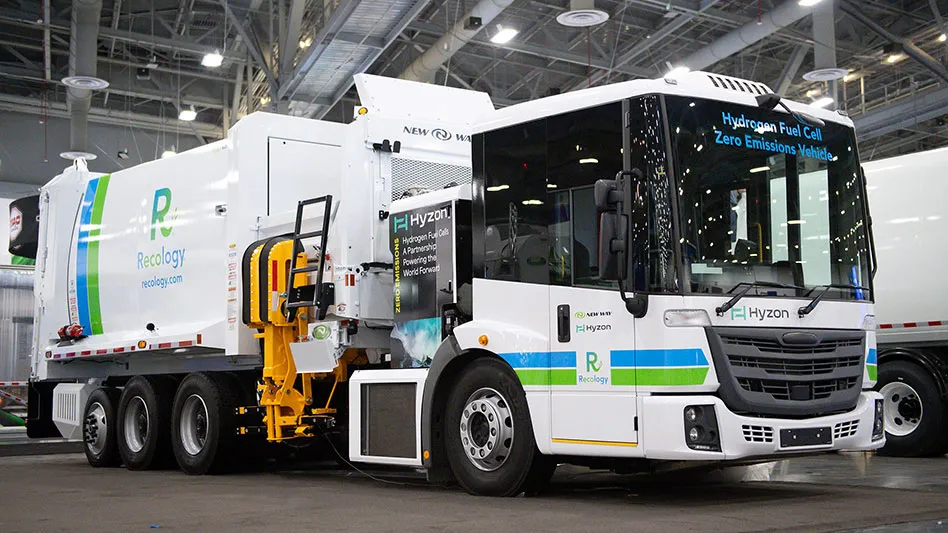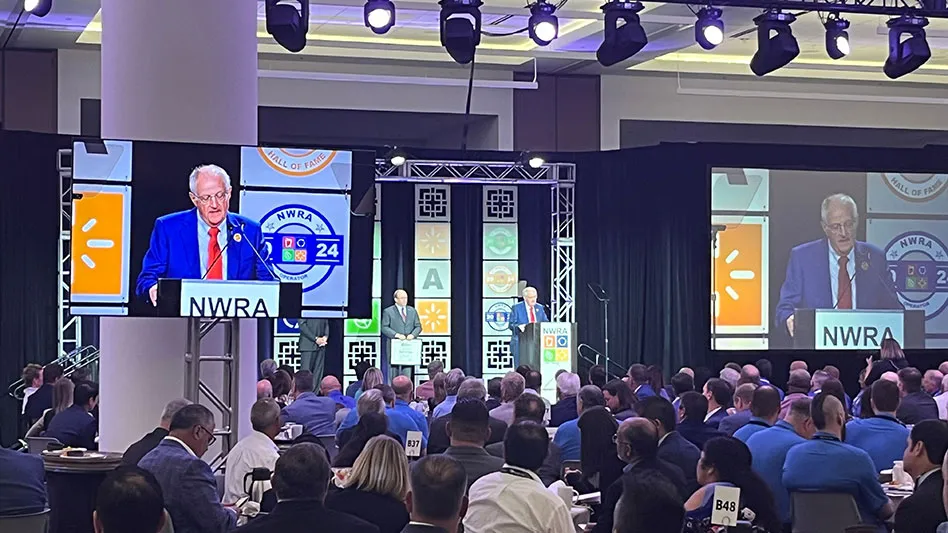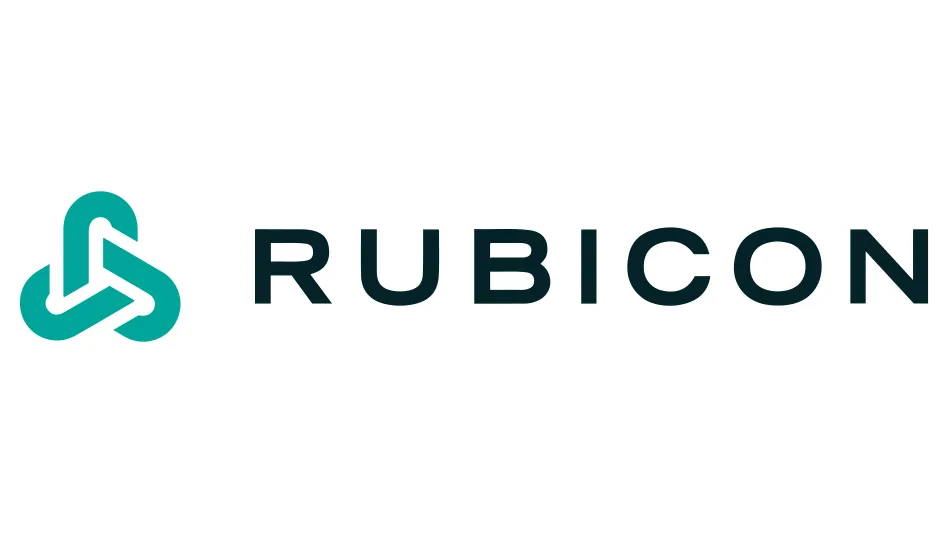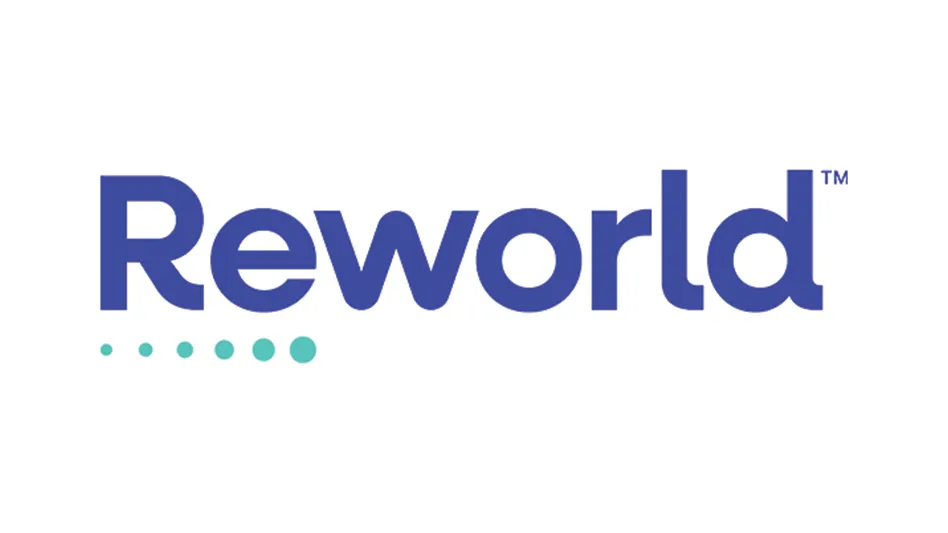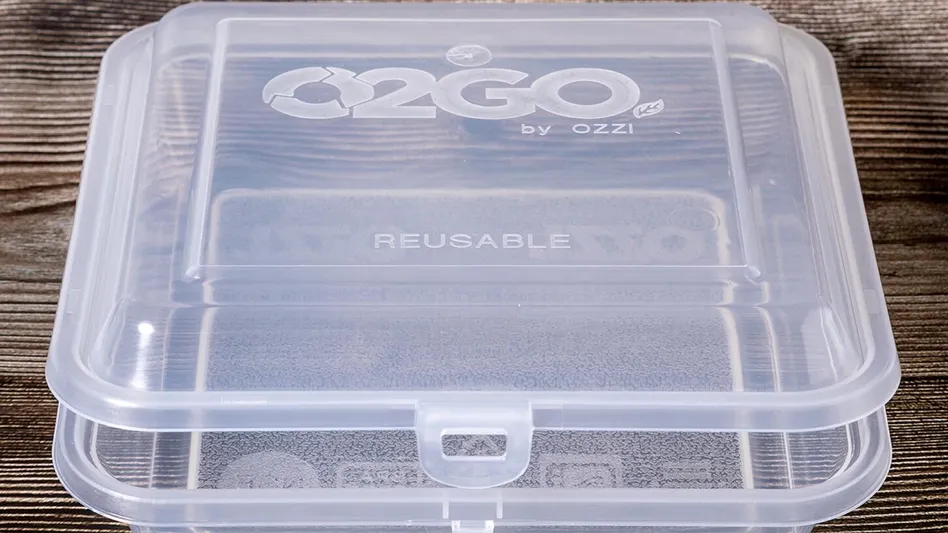What changes are happening with fleet strategies in the COVID market?
Specific to our niche, the changes, or as I see them “adaptations,” are rooted in the capital/balance sheet strategies the COVID-19 pandemic has impressed across all sectors of the economy. Haulers altogether (corporate, independent and municipalities) have experienced decreased revenues; cancelled or delayed equipment purchases; and are taking a much closer look at the costs of operating old, expensive or unpredictable assets in their fleets. We are more engaged than ever before with our client organization about enhancing rental as a part of their overall fleet and capital strategy. There is a much greater appetite now from the industry to monetarily map out with us how rental, as a strategy, allows them to preserve capital, decrease overall maintenance costs, improve asset utilization and positively impact their bottom line. In addition, some haulers are taking advantage of this economic environment to “thin the herd” and strengthen the health of their fleet.

You mentioned “thinning the herd”, what benefits can an organization expect from that?
The benefit is simply getting old, expensive, underutilized and unreliable trucks out of a fleet. That has a positive ripple effect on a fleet by lowering the overall age of the fleet, decreases the risk of unexpected major component failures, and, in turn, improves overall up-time. We see it as a way that our customers can “own to known and rent to demand.”
Are you seeing municipalities change their approach to fleet?
In the last few years, municipalities were having to manage around shrinking budgets. With COVID-19 shutdowns, these shrinking budgets have been amplified due to fewer taxable dollars being collected. We are engaged with staff and elected officials at localities who provide garbage and recycling services, and they are looking for ways to reduce capital spending without sacrificing the essential services they are providing to their residents. We have created specific municipal programs to benefit the safety and efficiency of their crews by providing an injection of capital and reduction of operating expenses.
What has changed in the rental industry?
In a general sense, the overall perception of rental has positively changed. This perception has been changing over the last several years and rapidly moving forward over the last several months as fleet, operations and corporate leaders have been challenged to seek out new strategies and ideas to navigate the waters ahead, or in some cases, stay afloat. Rental is now being embraced to manage maintenance costs, provide on-demand access to best in-class equipment, provide flexibility to scale your business with the market and minimize customer disruptions. Another change has been the use of technology. At Big Truck Rental, we are constantly seeking out opportunities to leverage and invest in technology to enhance the total customer experience. Technology gives us the ability to meet the needs of the on-demand marketplace, provide visibility into our fleet and deliver meaningful data back to our clients to fuel our partnerships.
What other industry trends do you see impacting fleets moving forward?
Strong merger and acquisition (M&A) activity and integrations will certainly have some impact on fleets moving ahead. Organizations will be rightsizing, rebranding, rerouting and putting all the pieces of the puzzle together. That will create some opportunities for independents to strategically grow in certain markets. Strategies to stretch every dollar and maximize return on invested capital (ROIC) will be scrutinized more than ever moving forward. We’ve seen this since the initial COVID-19 impact in our business. Specific to fleets, haulers are examining the value of purchasing like-new, off-rent trucks more than ever before. Our Big Truck Rental Route Ready program customer portfolio is also rapidly expanding. Clean technology and new original equipment manufacturers (OEMs) entering the marketplace will certainly add another new dynamic to things moving forward. I have absolute confidence the industry will continue to innovate to find safer, cleaner and more cost-effective ways to service our communities.

Explore the October 2020 Issue
Check out more from this issue and find you next story to read.
Latest from Waste Today
- Waste Robotics and Greyparrot form partnership
- Delos and Silverfern Group complete sale of Pioneer Recycling Services
- Simplified Environmental Solutions adds 2 locations
- Glass Recycling Foundation awards $150K in grants
- Kent County, Michigan, opens new transfer station
- GFL reports revenue increase in first quarter
- Bioenergy Devco honored at SEAL Awards
- AMCS showcasing Performance Sustainability Suite at WasteExpo
